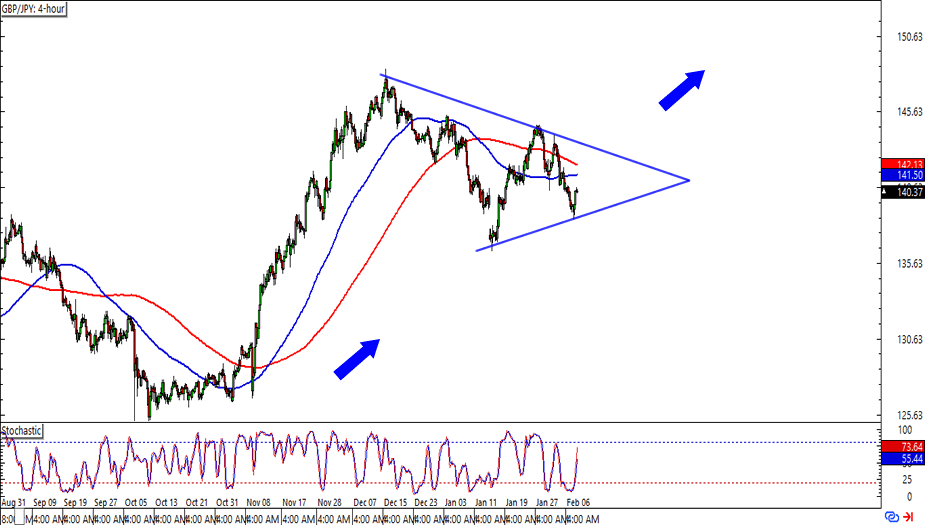Daily Insights Report 08/02/17
- 31 Mar 2017
8 Feb 2017
The annual US trade deficit showed to widen. It is now at the highest level seen since 2012 at USD 502.25 Billion. This also shows a 0.4% increase from 2015. Total exports fell 2.3%, likely due to a weaker global economy and a stronger Dollar which makes US exports less competitive. At the same time, imports were down 1.8%.
– The Yen saw a bit of a gain (0.2%) after it fell earlier in the week. This comes after the central bank bought bonds for the third time this week. The Bank is buying bonds that are maturing in the 5-10 year period. This may be to counter what the market believes will happen after the meeting of both countries’ leaders on Friday. The Yen currently sits around 112.16 per Dollar.
– The Reserve Bank of India will meet to discuss monetary policy. It is believed that they will cut the interest rate which is already at a six-year low.
China’s foreign reserves fell below $3 Trillion for the first time in nearly six years. As a result of this, the People’s Bank of China has revoked adding liquidity to the market through open-market operations for a third straight day.
Commodities
– Crude Oil fell to $51.52 in New York’s trading day, a three-day rally downwards where the price decreased by at least 1.5% per day. This is the worst performance of oil in four weeks. This comes after concern in the crude market about rising US inventories (to 14.2 million barrels last week).
Canadian Dollar (CAD)
Housing Starts (January)
Canadian Housing Starts represents the new number of new residential projects that have begun in the previous month. The current prediction for this data is 200,000, a fall from the previous month where actual data was 207,000. While this may be alarming as a decrease, it is acceptable in Canada for this time of year since winter conditions make it more difficult to begin construction. In the coming months, if there is enough energy in the housing market of Canada, this would likely grow.
With the price of oil looming and unsure to what level it will lean towards, this plays an important role in Canada’s marketplace. Since new pipelines are scheduled to be built between Canada and the US for shale oil, the Canadian economy will definitely be impacted by this. If the price of oil rises in the global marketplace, the CAD will appreciate since the price of oil is closely linked to CAD. The opposite is also true.
December’s data was revised upwards as the market had the wrong assumption. This is because of strong job growth and a booming demand from foreign investors in both Toronto and Vancouver.
Technical Analysis
GBPJPY

Looking at a 4-hour chart of the GBPJPY trading pair, there seems to be a bullish pennant forming. Theoretically, this suggests that the there will be an upward movement. A target for this trading pair would be past 143.00, where the Japanese Yen may weaken further.

